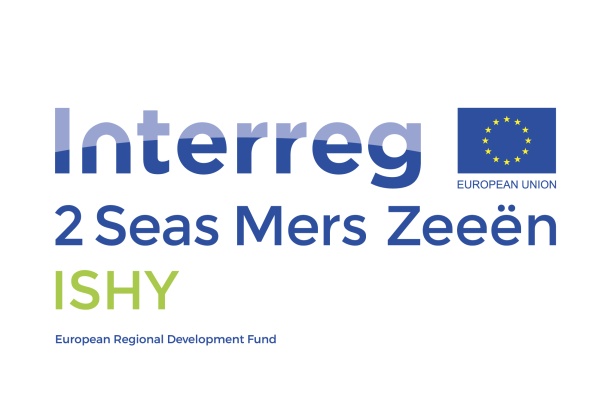ISHY
Website:
www.interreg2seas.euPeriod:
-

Common challenge
Shipping industry and suppliers must invest in low carbon propulsion systems, but face a number of market failures, such as:
- Vessels have long operational lifetimes (30–40 years), so little incentive to retrofit or replace
- Number of new built ships per year is low, so ROI in innovative systems for shipbuilders is low
- Limited faith and knowledge in effectiveness of alternative propulsion technologies
- Alternative fuelling infrastructures in ports are limited
- Regulation, security and certification haven’t been clarified
- Market control of traditional oil/gas companies, protecting traditional fuel systems
To tackle barriers, challenges are:
- To demonstrate the effectiveness of low-carbon propulsion technologies in different types of vessels
- To demonstrate the feasibility of H2 bunkering facilities in ports
- To develop tools/methods which demonstrate and support the transition to low-carbon propulsion systems for new-built vessels and by retrofitting
Overall objective
Development, testing and validation of technical tools and socio-economic models (business cases) for the implementation of hybrid and hydrogen fuel cell technologies in vessels and ports, and realising the development and the demonstration of the feasibility of these technologies by retrofitting different types of existing vessels, different kind of new-built vessels and new bunkering facilities in ports in order to increase the adoption likelihood of this low or zero carbon technology in a sector with high impact potential.
Partners
ISHY - Implementation of Ship Hybridisation